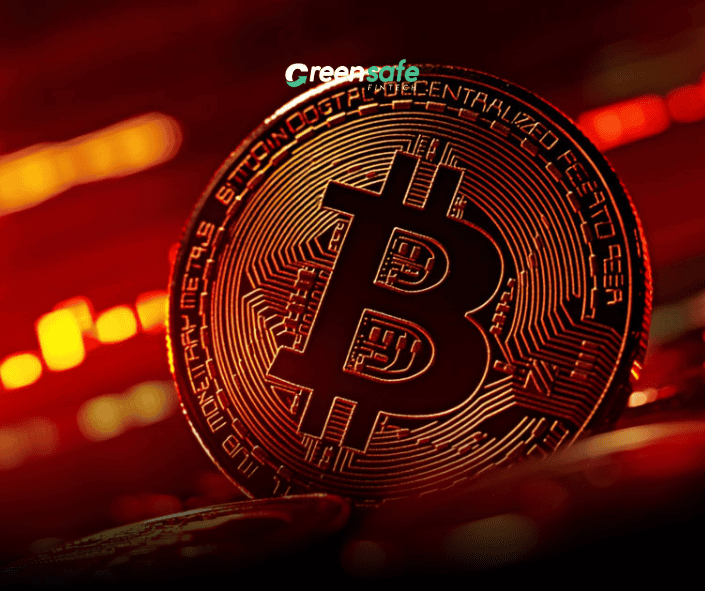In a recent announcement from crypto.news, Inter Miami has revealed a new partnership with blockchain platform Polkadot. Football icons, including FC Barcelona legends Lionel Messi and Luis Suárez, will be showcasing the Polkadot logo on their training kits as part of this collaboration. As the club’s global training partner, Polkadot’s logo will feature prominently on both the front and back of the training tops worn by players and technical staff during training sessions and pre-match warmups.
Inter Miami fans will get their first glimpse of the new Polkadot-branded kits on August 31, just before the team’s away match against Chicago Fire FC. Additionally, Polkadot’s branding will be visible throughout Chase Stadium, the home ground of Inter Miami, as part of this major partnership. The deal also includes interactive fan zone activities to engage supporters.
Chrissy Hill, CLO & interim COO of Parity Technologies—the firm behind Polkadot—highlighted that this sponsorship aligns with Polkadot’s commitment to shaping the future of entertainment. Launched in 2020, Polkadot is a sharded multi-chain network designed to connect multiple blockchains through its central Relay Chain, ensuring shared security and consensus. This innovative architecture enables customizable blockchains, known as parachains, to operate in parallel, improving interoperability and scalability across the network.
This partnership with Inter Miami follows Polkadot’s previous sponsorships, including deals with Indy 500 driver Conor Daly and gaming company Mythical.
Polkadot’s decentralized governance model allows the community to vote on how treasury funds are allocated, including marketing and sponsorship deals. Although the financial details of this sponsorship remain undisclosed, it aligns with Polkadot’s historical marketing strategies.
Earlier this year, the crypto community criticized Polkadot’s marketing approach after a report revealed that approximately $37 million was spent on marketing in the first half of 2024, sparking concerns that funds were diverted from essential ecosystem-building initiatives.












